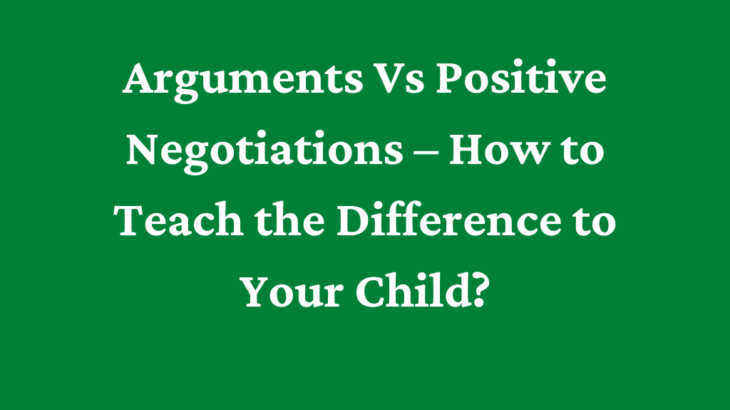Crossing the fine line between arguments and constructive negotiations takes minutes. Let us say, there’s one donut and two children in the house. Makes you a petrified parent, right? What follows is a messed up and noisy argument without any outcome.
Contrary to this, there are two smart children who jump to the idea of pulling together an act of negotiation. They work towards finding a middle ground and divide the donut into two halves.
Do you think this skill is in-built in children? Of course not! The art of negotiation needs to be taught and practiced to children early on.
What’s important is to replace arguments with positive negotiations, and this is something whose foundation must be laid in kids right at a young age. After all, once your child strikes adulthood, wouldn’t you like to see him/her negotiating strongly for a better paycheck? Won’t you?
So today, we, at DPS Sushant Lok, one of the top 10 CBSE schools in Delhi NCR, will shed light on some of the basic ways you can turn your child’s attention to intelligent negotiations over invaluable arguments. Read on.
Arguments are insignificant; Negotiations are valuable!
We understand how 21st-century parents need to cope up with the wide exposure that children enjoy today. Being open to multiple information sources often leads children to making their points heard by blabbering thoughtless words.
As a parent, you can work towards moving out of the spot by motivating your child to get his/her wishes fulfilled by substituting arguments with agreements. This is your opportunity to raise a considerate and empathetic child who agrees to step into the other party’s shoes before striking the conversation call.
“I’d get what I want, come what may” is a good philosophy as long as you are playing it fair and smart.
When the focus is laid on “why you want something” instead of “what you want,” the art of negotiation comes out as a clear winner.
With the negotiation ball game around, children learn to work towards confidently convincing the other party as to why something is important to them and how not having it can influence them.
Have a one-to-one with your child about the difference between negotiations and arguments, and the rest will be history.
It’s your chance to support that budding negotiator!
Once negotiations start working in your child’s stride, arguments most definitely take a backseat.
- Do it with confidence: Negotiation consultants state that appearing confident in a negotiation ideally means you are a step closer to winning. Back your child’s confidence level. Let nervousness and intimidation see the exit. When children understand that negotiations can help them bell the cat, they would no longer want to loiter around arguing.
- Value the opposition: Arguments are often about putting the other party down. You do win, but at the cost of the opposition. Negotiations help you to get your work done while still maintaining cordial relations with the other party. It’s a friendly and harmonious win.
- Unveil new horizons: While arguing, you are determined to get through without hearing out the other party. In the case of negotiations, it is about creating a win-win situation, wherein you give a patient ear to your opposition. In the process, irreplaceable information finds its way.
At DPS Sushant Lok, recognized among the top 10 CBSE schools in Delhi NCR, we firmly believe that communications shouldn’t have any place for bitterness, and this is why nasty arguments should be replaced by healthy negotiations. As such, the task of making the children understand that negotiations are not selfish should begin early on. After all, having the skill of negotiating offers children the power of accepting the unexpected and walking away with a never thought of deal, something which is not even a bare minimum in the case of arguments. So don’t shut your child up or feel bad when you find him/her negotiating sweetly and wisely with you over something. Feel happy and proud that you have a smart negotiator
